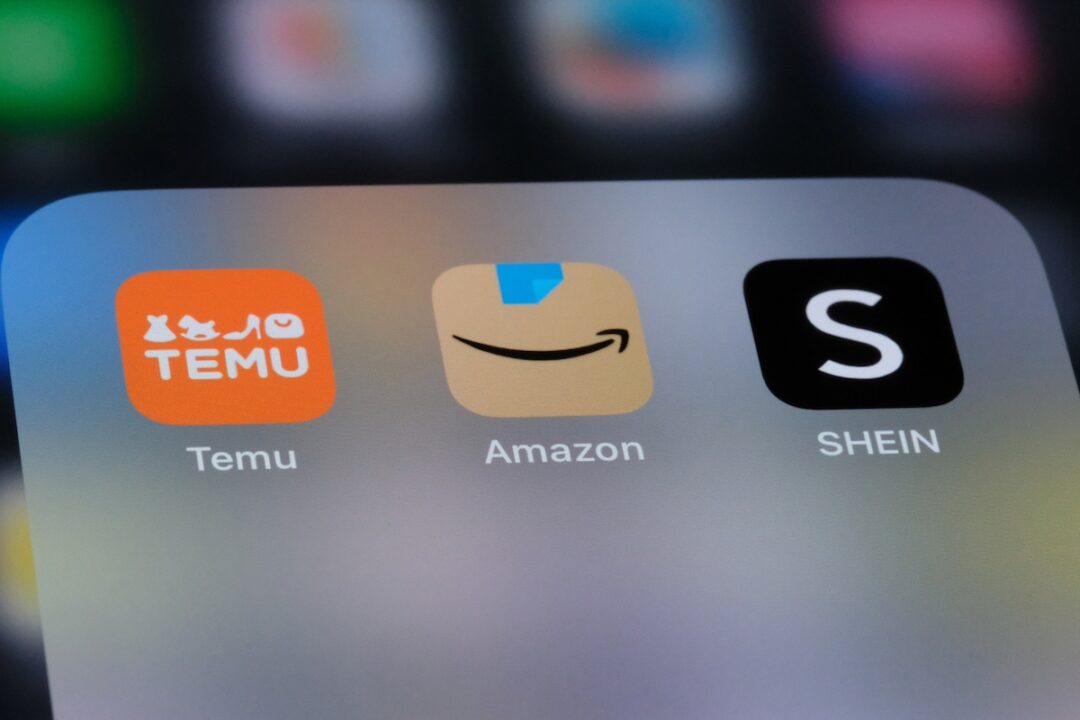.jpg?height=100&t=1742184082&width=150)
Visit Our Sponsors |
|
|
|
|
|
|
|
|
|
|
|
|
|
|
|
|
|
|
|
|
|
|
|
|
|
|
|
|
|
|
|
|
|
|
|
|
|
|
|
|
|
|
|
|
|
|
|
|
|
|
|
|
|
|
|
|
|
|
|
|
|
|
|
|
|
|

Photo: iStock / Robert Way
Although Donald Trump's proposed tariffs against China are likely to send shockwaves through any number of sectors, Chinese e-commerce platforms Temu and Shein could very well stand to lose the most out of anyone.
Ahead of his next presidency, Trump has pushed for 60%-100% tariffs against all Chinese imports, as well as an additional 10% on top of that. Given that the U.S. is the largest market for both Temu and Shein, Trump's tariffs could pose an existential threat to their respective business models, albeit with some caveats.
Changes to de Minimis
Perhaps most important to consider is whether the incoming Trump administration plans to change the current de minimis rules in the U.S., which have long presented a workaround for Temu and Shein, allowing them to ship products into the country in smaller lots to take advantage of the no-duty rule on individual shipments of goods valued under $800. If the current de minimis threshold in the U.S. doesn't meaningfully change, both companies would have an avenue for avoiding any new tariffs that would come into effect. That remains a huge "if," though.
Read More: New Proposed Trump Tariffs Could 'Fundamentally Alter' U.S. Supply Chains
"I have little doubt, if any, that de minimis will change, and it's possible that some measures will take effect even before January," says Ram Ben Tzion, co-founder and of Publican, which uses artificial intelligence to verify the legitimacy of shipments by cross-checking data across various sources.
In a recent webinar, former Biden Administration COVID-19 supply coordinator Tim Manning echoed that sentiment, stating that he is "100% confident" that President Biden will take action to change U.S. de minimis rules before the end of his term. More changes could be in store under the next administration as well, with Trump tagging Russell Vought to lead the Office of Management and Budget. Vought is one of the lead authors behind Project 2025, which includes a proposal to reduce the de minimis threshold from 25% to 10%.
Temu
Should any of those changes come to pass, Ben Tzion says, Temu would be particularly vulnerable.
"I don't see Temu surfacing on the other end of a Trump administration," he predicts. "Temu's business model, service model and operational capacity are not designed to sustain tariffs or the elimination of de minimis."
At its core, Temu's model is built on selling non-branded products — often of allegedly questionable quality — at prices well below those of name-brand competitors. Without the de minimis workaround, the company would be forced to pay whatever new tariffs Trump imposes, effectively driving its prices up and blowing a hole straight through its core value proposition. As Ben Tzion notes, Temu was built on the idea that people could "shop like a billionaire" at a fraction of the price; without that, the company has little else to offer a consumer. On a larger scale, name-brand companies could end up reaping the benefits from Trump's policies. If Temu's cut-rate price advantage evaporates, larger legacy brands would be set up well to regain much of the market share they lost over the last two years.
"Low-end, price-sensitive goods will become more expensive and less compelling," Ben Tzion says. "But, if you have value beyond just being cheap, then this is actually going to work in your favor."
Shein
Although Shein would likely encounter similar obstacles under the Trump administration, Ben Tzion says that the fast fashion retailer is better positioned to weather the storm.
"Shein started by creating a value prop that is in the real world — it's not just based on being a marketplace that facilitates cheap products," he points out.
Shein's advantage is twofold — first and foremost, it uses market feedback and data analytics to determine its inventory levels, meaning that it manufactures its products in small batches based on demand, so it rarely gets stuck holding onto unsold inventory. Second, it boasts a vast network of apparel and footwear manufacturers across China, whereas Temu relies on third-party sellers. Ben Tzion believes that network could be leveraged to help Shein transition itself into a supplier for name-brand retailers such as Nike or Zara, offering it a second life should it be forced to pivot away from its current business model.
Amazon
All this comes at an odd time for U.S. e-commerce giant Amazon, which recently unveiled Haul, an online store designed to compete with Temu, by shipping low-priced products directly to consumers from Chinese manufacturers, with each listed item priced at $20 and below. But given the impending tariffs and potential changes to de minimis, the launch of Haul in the current political climate comes off as a "strange move."
"I really can't explain the reasoning there," Ben Tzion says. "If I was driving strategy in Amazon, I would try to differentiate, rather than copy what Temu was doing."
Much of Haul's success in the future will likely rely on whether the Trump Administration carves out exceptions for U.S. companies such as Amazon. Additionally, Amazon will also have to account for the possibility that the products on its primary e-commerce platform — the vast majority of which come from sellers in China — could be subject to new tariffs as well.
RELATED CONTENT
RELATED VIDEOS
Timely, incisive articles delivered directly to your inbox.
.jpg?height=100&t=1742184082&width=150)





